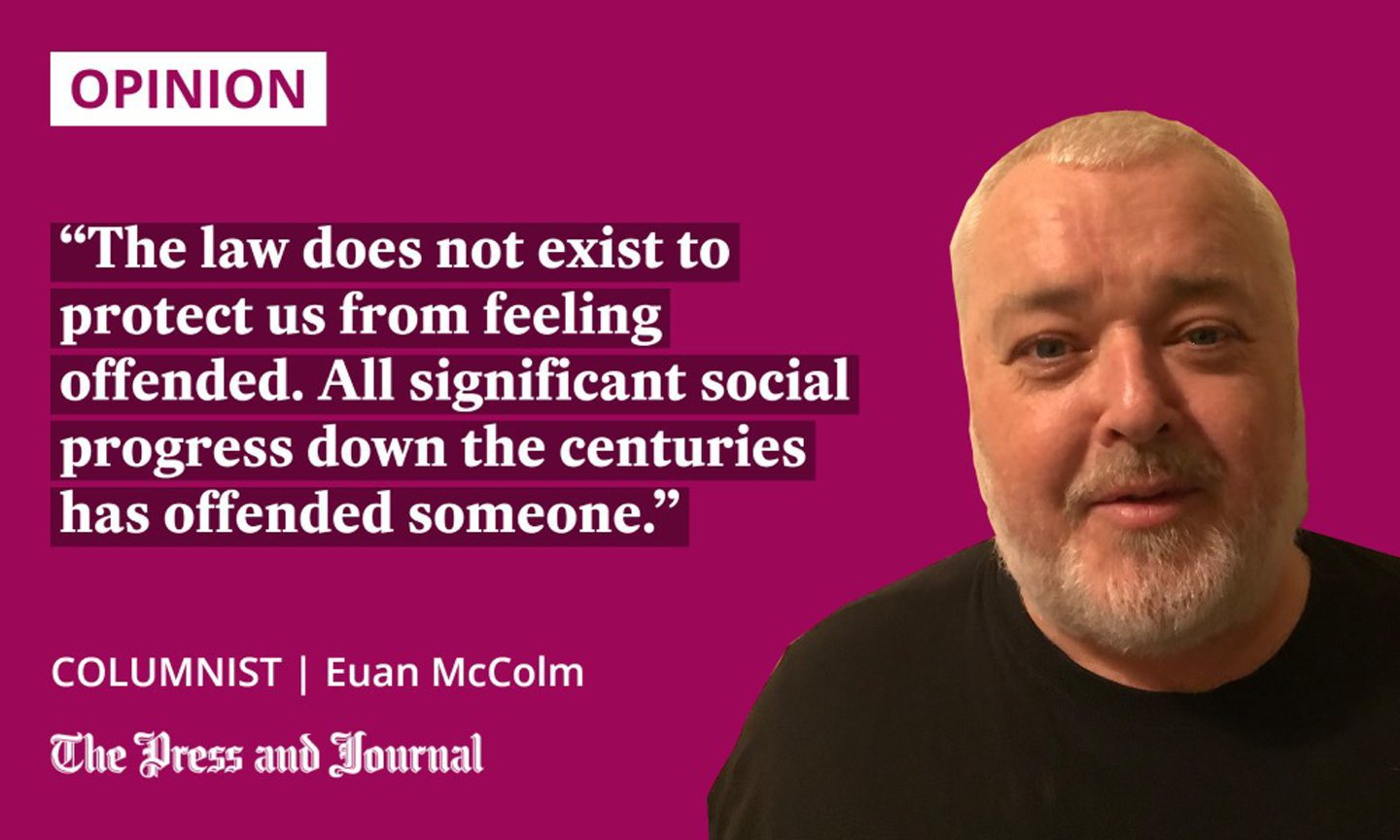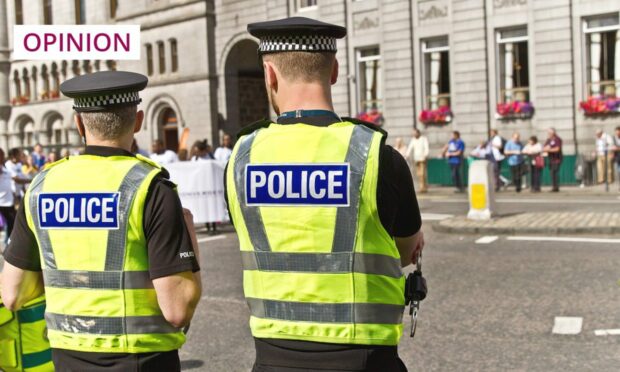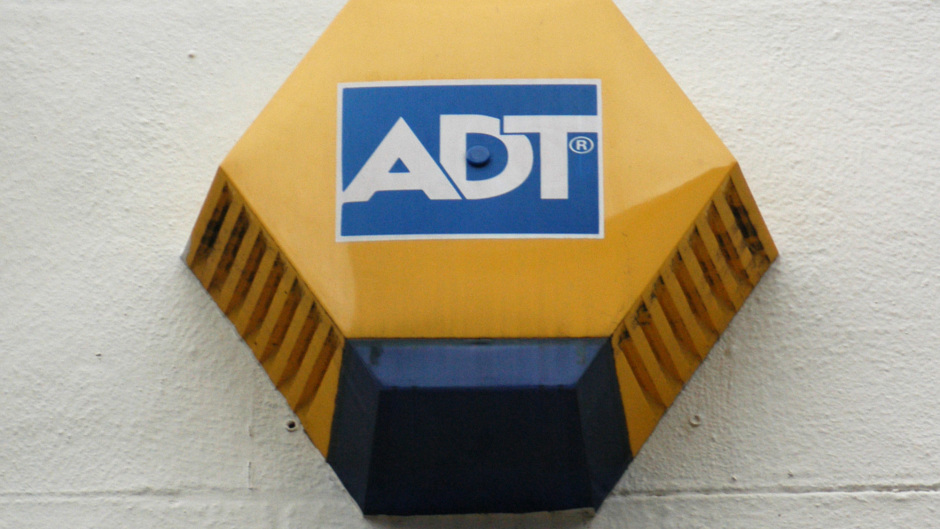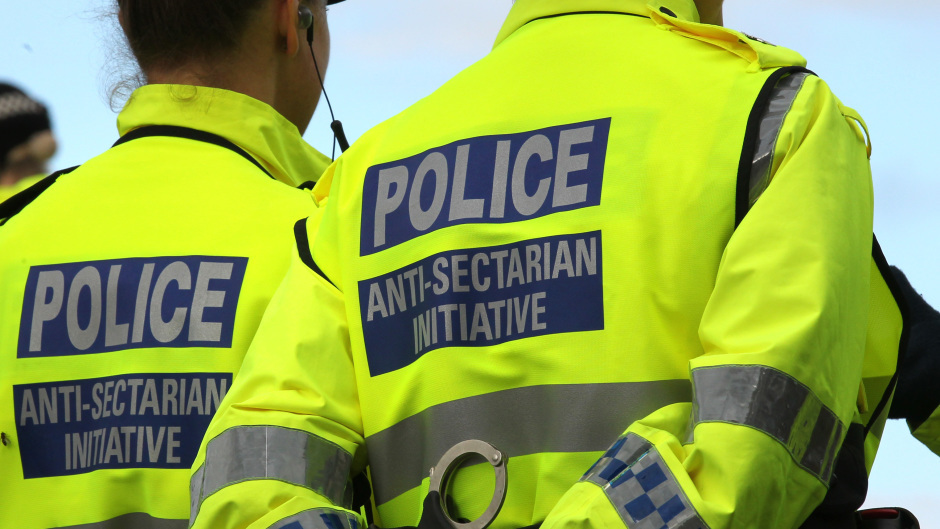Right now, you may find your name on a police database if anyone – yes, anyone – ‘perceives’ something you said as motivated by hate, writes Euan McColm.
Anyone who has been the victim of a housebreaking will know how traumatic the experience can be. It’s not just the loss of valuable – perhaps treasured – possessions, it’s the shattering sense that the home we thought safe is not so.
Locks can be changed and insurance policies called upon, but restoring victims’ confidence can be a long and difficult process. I wonder if the insecurity many feel after a burglary is exacerbated by the knowledge that perpetrators are unlikely to be caught.
Statistics published by the Scottish Government show that, in 2020-21, Police Scotland cleared up just 31.5% of housebreakings. Most victims had to settle for little more than a crime number to give their insurers.

Across the range of crimes, the figures make for depressing reading. Only 56.3% of all crimes are cleared up by cops. Fewer than two-thirds of reported sex crimes lead to charges.
I don’t regurgitate these bleak statistics in order to apportion blame to police officers. The men and women working for our understaffed and under-resourced national force can only do so much, after all.
Rightly, they prioritise the most serious offences. They should place the investigation of a murder over solving the case of a bike being nicked from a shed.
The reason I reach for these statistics is to underline the scandal of officers being involved in recording incidents where no law has been broken.
In 2021, Police Scotland logged 928 incidents of “malice and ill will”, where no crime had been committed – more than twice the number in 2017.
The recording of these so-called “hate incidents” means people who have adhered to the laws of the land have their names on a police database. This, I think, is chilling. The free speech watchdog Index on Censorship thinks so, too.
The organisation this week warned that “robust debate” was being stifled by Police Scotland’s increased focus on such incidents.
There exists a threshold at which something someone says becomes a matter for the law. If that threshold is not met, then police have no business intervening.
Lawful freedom of speech must mean freedom from consequences
There is a popular common mantra these days which runs: “Freedom of speech is not freedom from consequences.” This line is often parroted by those who seek to justify online crusades against people whose views they find offensive.
Most recently, a number of women who have raised concerns about reform of the Gender Recognition Act – something they are perfectly legally entitled to do, no matter how much some folk might be offended – have endured campaigns to have them sacked.
Of course, freedom of speech does not entitle us to say whatever we want. We can’t threaten, harass or alarm others. But, so long as someone isn’t breaking the law, freedom of speech must mean freedom from consequences, otherwise, it simply isn’t freedom of speech.
The Scottish Government has form in this area. The Offensive Behaviour at Football Act, introduced in 2012, was supposed to tackle sectarian chanting by fans. (Well, that was the official version of events. In fact, it was pioneered by then first minister, Alex Salmond, who believed it would find favour with Glasgow’s large Catholic community, which, in great part, had traditionally rejected the SNP and backed the Labour Party.)
The law was so illiberal that supporters on both sides of the bitter Old Firm divide found common ground in opposing it. The Act was repealed in 2018.
Recording non-criminal acts risks legal grey area
Ruth Smeeth, the chief executive of Index on Censorship, warns that the growth in recording non-criminal “hate incidents” risks the creation of a legal grey area, where certain topics are avoided due to the likelihood of police involvement.
Right now, you may find your name recorded on a police database if anyone – yes, anyone – “perceives” that something you have said or written was motivated by hate or prejudice. You may protest that you were joking or making a valid point, but if someone thinks otherwise, your name is going on the list.
This is an intolerable state of affairs.
It is undoubtedly true that some people seem to revel in causing offence, but there is no law against being an arse
The law does not exist to protect us from feeling offended. All significant social progress down the centuries has offended someone. Often it has offended powerful groups.
If we do not defend the principle that the right to free speech is fundamental to a healthy democratic society, then we are on a slippery slope.
It is undoubtedly true that some people seem to revel in causing offence, but there is no law against being an arse. If the rest of us want to maintain our freedom to express our wise and righteous views, others must be permitted to express their stupid ones.
The officers of Police Scotland have, if recent statistics are anything to go by, more than enough to be getting on with. It’s time for them to stop intervening where no crime has taken place.
Euan McColm is a regular columnist for various Scottish newspapers



Conversation